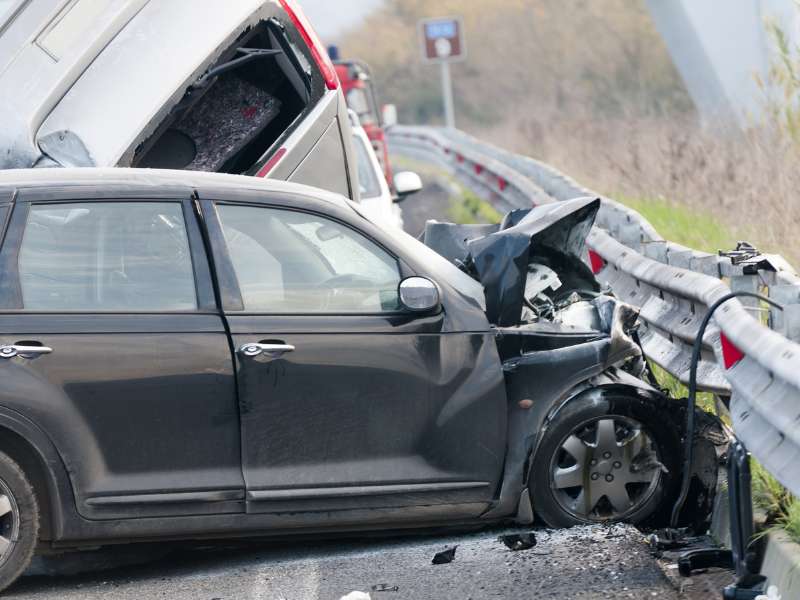
Raise your hand if you’ve ever felt clueless about what to do after a car accident.
Yeah, we’ve been there too.
When you’ve just gone through a car accident and are likely dealing with injuries, damage, or trauma, insurance paperwork is the last thing on your mind.
But reporting accidents quickly actually protects your rights and ensures you get properly taken care of. Especially with California’s tricky laws. Let’s walk through exactly what needs to happen, and when after a crash, step-by-step, so you avoid any costly mistakes.
Before we dive into logistics, let’s get real about why dragging your feet on reporting will only make life harder later:
The takeaway? Protect yourself by speeding through reporting duties so you can focus on recovery, car repairs, and next steps sooner.
In California, most auto insurers say you need to contact them within 1-2 days after an accident happens. But again—check your specific policy ASAP for rules.
Better yet, strive to phone your agent within 24 hours when possible. Even if it means a short Sunday call saying you’ll file full details Monday. They’ll appreciate the heads-up.
Also, California actually has a law saying you need to file accident forms with your local DMV, too. Anytime there is over $1,000 of damage done, or if someone was hurt, you have ten days from the accident date to report it.
For the other motorists’ insurers involved, deadlines vary, but move quicker rather than waiting on reimbursements for months on end while your provider battles it out with theirs behind the scenes.
When accident scenes clear after collisions, stick around to thoroughly document it:
Then call your insurance agent within 24 hours at most. Provide every scrap of data on all involved drivers/vehicles, what happened immediately before impact, witness perspectives—anything illuminating liability. Questions will come, so anticipate needing 30-60 minutes recounting specifics.
If injuries result, forward medical paperwork as treatment progresses. Stay closely looped in with your adjuster throughout repair negotiations, settlement talks, and more as your claim plays out. Think of them as your partner.
Once filed, your insurer launches a liability investigation assessing damages owed, considers sending appraisers to evaluate vehicle/property repairs needed, and may request physicians’ prognosis reports if injuries left you unable to work or racked up medical expenses.
Rates often rise following claims due to perceived riskiness. But payouts also help offset accident costs. Weigh options if you anticipate filing—sometimes accepting minor scrapes without claiming proves financially smarter long-term.
Most importantly, cooperate fully with your adjuster’s requests and keep them updated on a regular cadence. Things move far more smoothly when you’re in sync.
No one expects you to perfectly navigate insurance claim hurdles immediately after a disorienting crash. Especially when serious injuries or disputed liability mean extensive negotiations down the line over compensation you deserve.
That’s why working with an experienced personal injury law firm like DP Injury Attorneys proves so valuable for Californians following car accidents. Our attorneys’ insights help simplify unwelcome insurance processes so you can focus on medical recovery and getting your life back on track.
Our lawyers have years of experience fighting to get people the compensation they deserve after accidents. We’re not afraid to take on insurers after negligent drivers turn your life upside down.
If you were injured in San Diego or surrounding cities or want a professional assessment of your settlement offers, contact DP Injury Attorneys today.